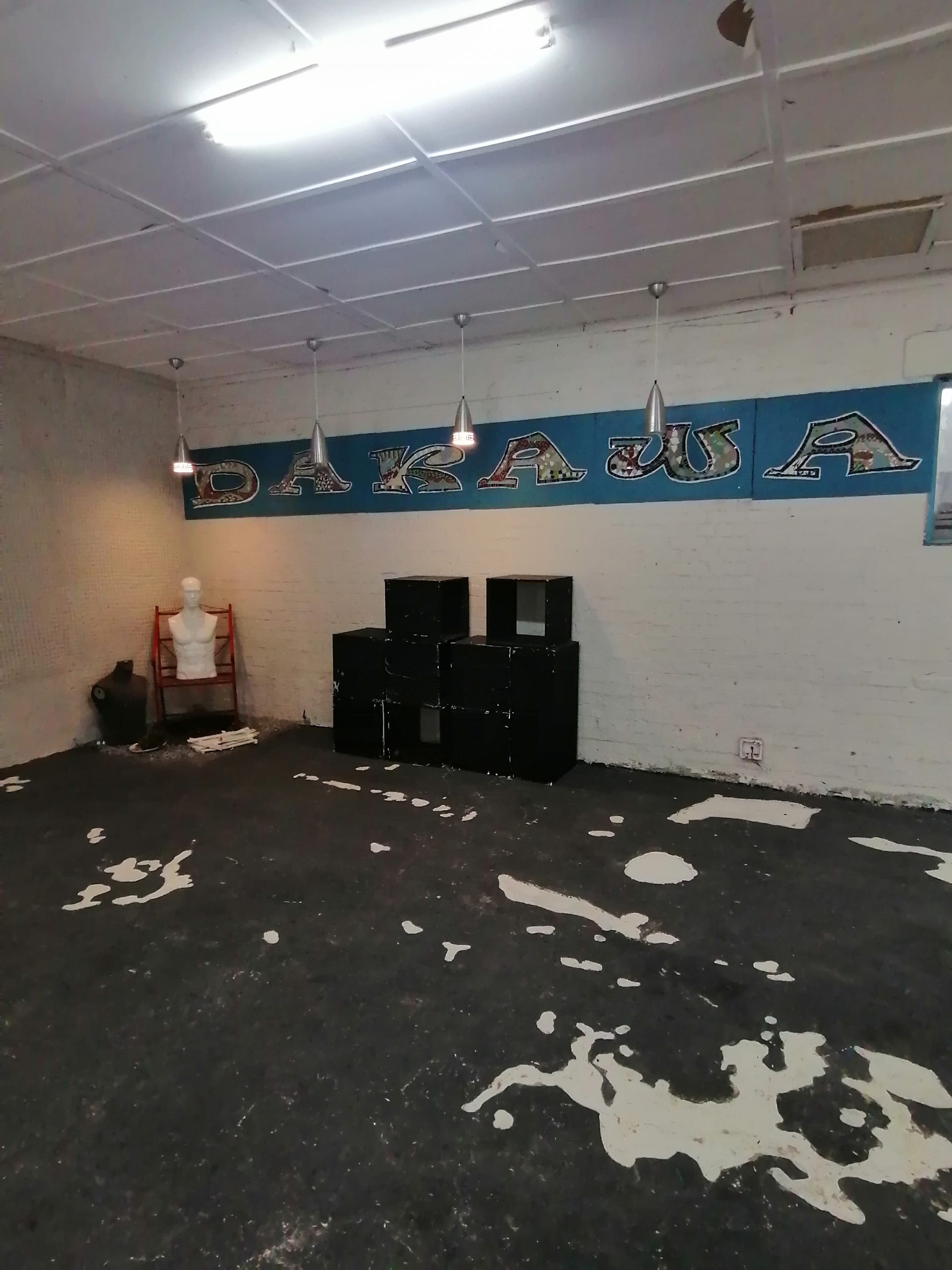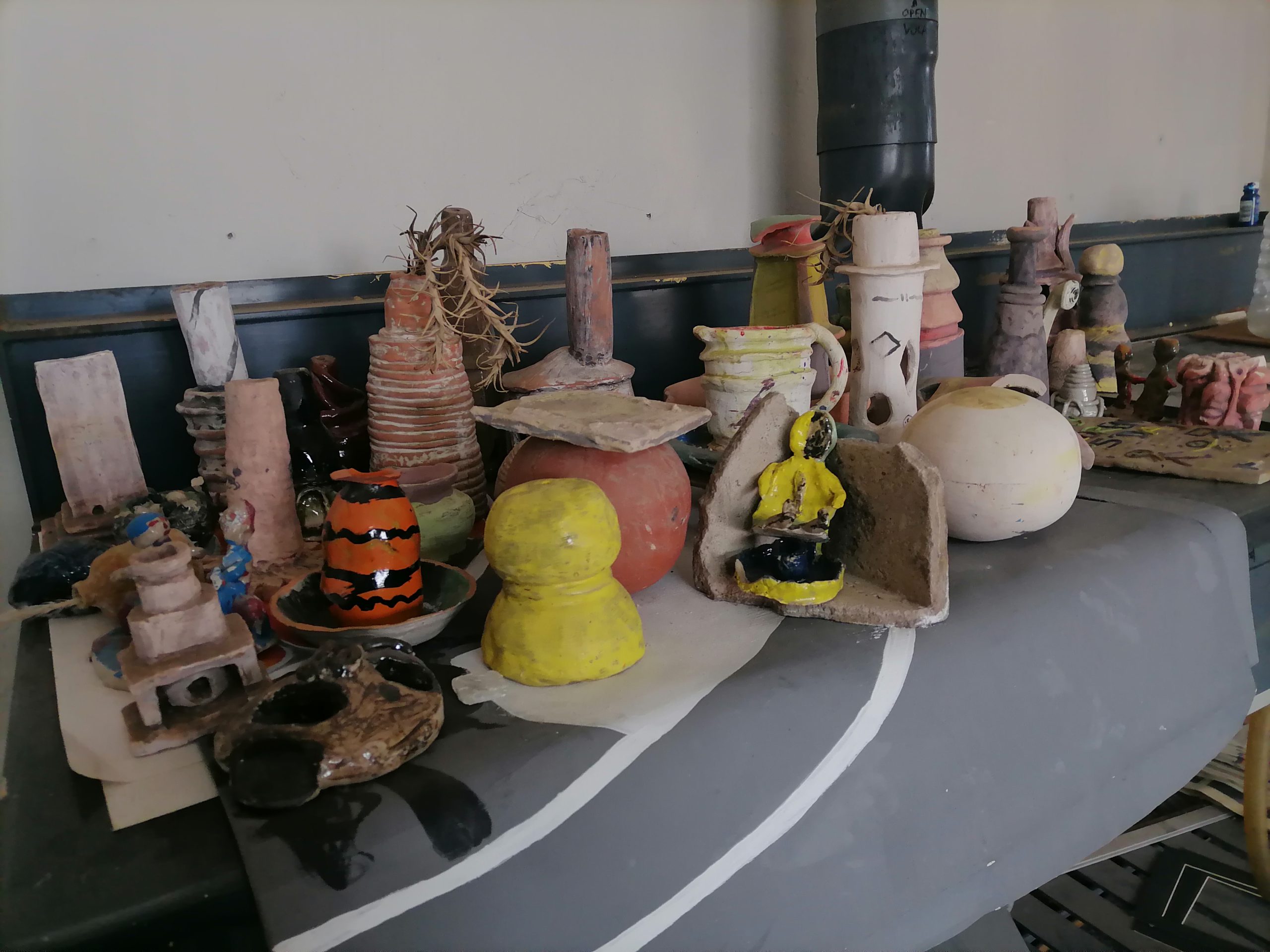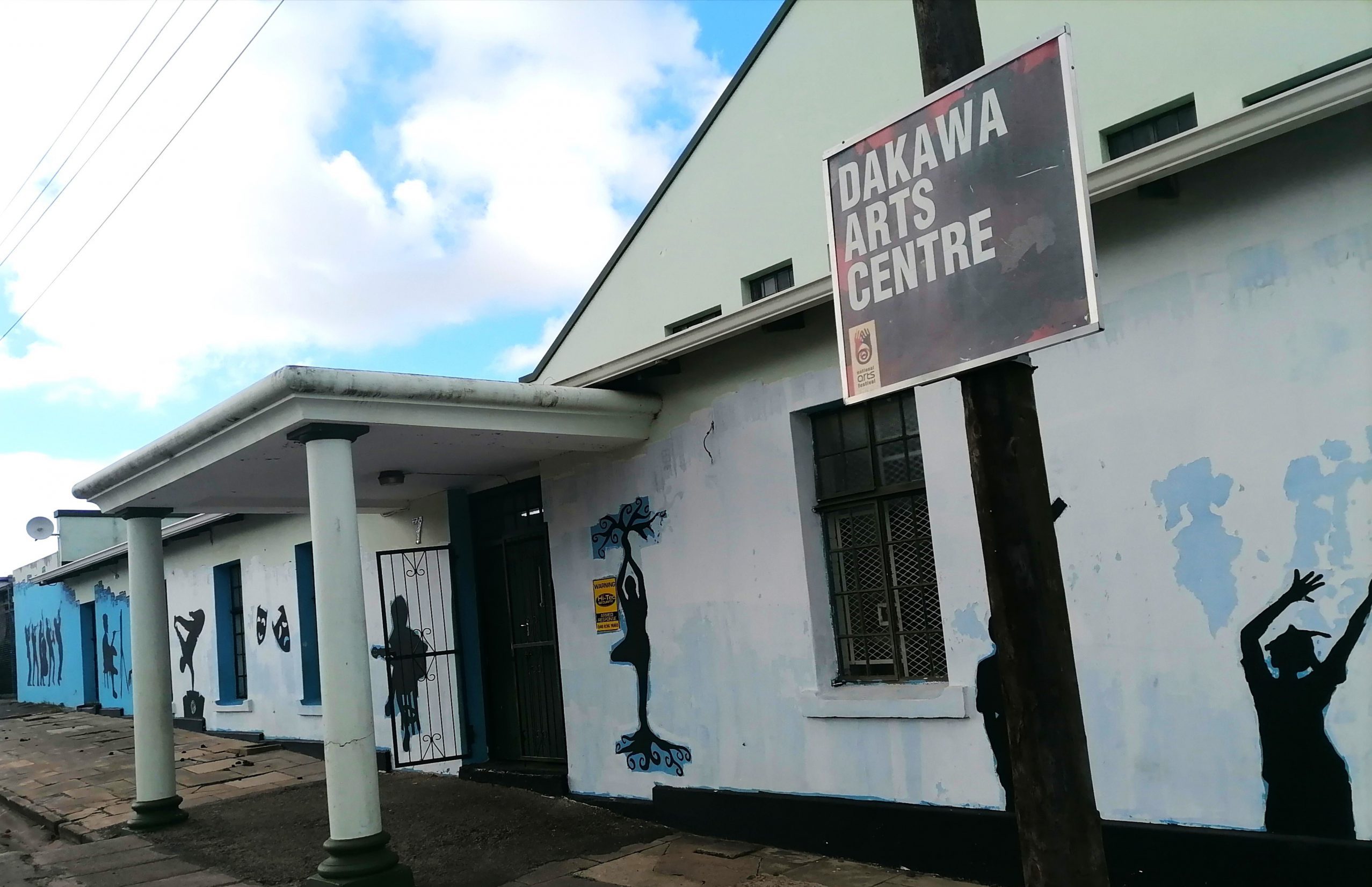By Farirai Dangwa
Institutions like The Dakawa Arts and Crafts Centre have played massive roles in the enrichment and empowerment of the arts even before the declaration of democracy in South Africa. It was originally started by exiled ANC members in Dakawa, Tanzania, in 1982. The Swedish government funded it during its time in Tanzania before being permanently relocated to the Eastern Cape in 1992.
Even though big cities such as Johannesburg and Cape Town wanted the institution to be transferred to their metro, it was ultimately decided Dakawa should move to Makhanda. As the Eastern Cape was known as the most economically unstable province at the time, the relocation from Tanzania to Makhanda was made with the aim of creating jobs and improving the quality of life for locals. In its early years, the arts centre offered programmes such as workshops for weaving and textile printing, a beading group, a printmaking studio, and more.
In previous National Arts Festivals, Dakawa has been a lively performance space – particularly with the Dakawa Jazz Festival which featured the region’s hottest cats. Now renamed the Eastern Cape Jazz Festival, the winter warmth has moved to a venue at the Monument.
The current silence at Dakawa is one more symptom of its hard times. In the past few years funding and other support has evaporated, leaving the buildings to start deteriorating due to lack of maintenance. Additionally, the property has been damaged by vandalism since 2016, making revival longer and more challenging.

Even though Dakawa is still standing to this day, it is unrecognisable in its somewhat abandoned state. It stands as a shadow contrasting its former fuller self. The body of the building is still standing but devoid of its previous essence. I failed to find the historically significant art centre that had brought creativity to the community. It was just a space clinging to its past glory. Even though people visited the arts centre during its more prestigious days, there now seem to be few who would go out on a limb for Dakawa.
Nevertheless, the hall is still in good condition and was host recently to dance auditions for the upcoming Festival. There are also plans for a craft exhibition. And various events throughout the year do continue, including mini-festivals and craft workshops for children in the surrounding schools, keeping to the ethos of community outreach and youth development.
The administrator for the Dakawa Trust, Kanyisa Ntamo, told Grocott’s Mail, “We are in the process of resuscitating the centre so that it can become what it used to be, and maybe more.”

The restoration of Dakawa will not be an easy feat, but it is possible with the assistance of communities inside and outside of Makhanda. Ntamo said, “Dakawa is an NGO and institution that needs support from the government, the artists, and everyone else involved so that everyone can have their input and hands involved in whatever way that will promote art and help Dakawa stand up on its feet. We need everyone that can assist the centre in whatever way.” Even though progress is lengthy, Dakawa plans to open up a volunteering program in the near future to help restore the valuable arts centre.


